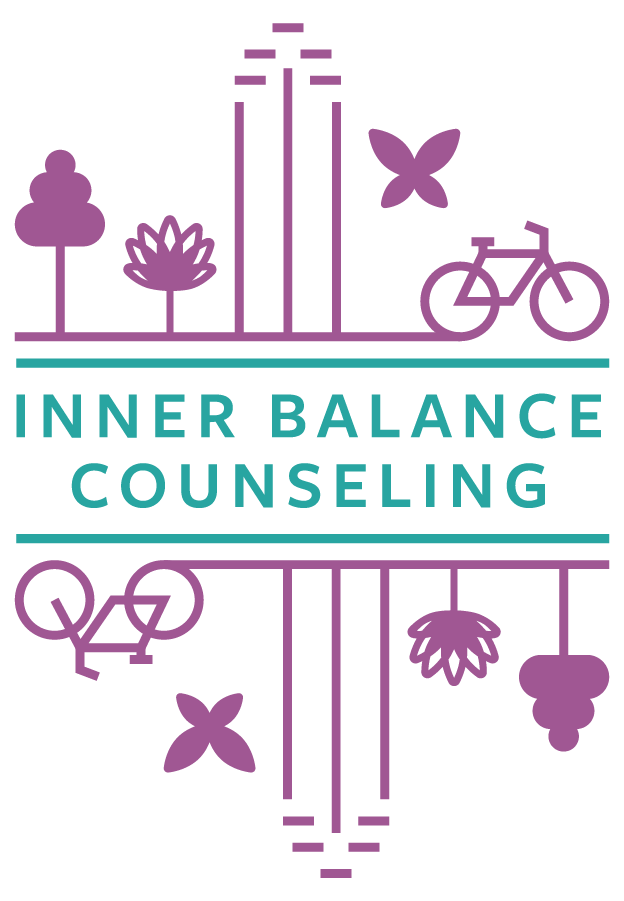Nourishing Your Mind: How The Way We Eat Impacts Our Mental Well-Being
The impact of our food choices on mental health is a factor that has long been overlooked but is now garnering more attention. Increasingly, doctors, therapists, and psychiatrists are delving into the connection between diet and psychological disorders, particularly depression and anxiety. With more and more people struggling with mood disorders like depression and anxiety, it's so important that we explore all of the potential contributing factors to mental health struggles, and do our best to identify as many effective treatment modalities as possible.
Mental health is complex, and it's important to consider multiple factors and approaches when seeking solutions. While simply suggesting to "eat healthier" would be oversimplifying the issue, the extensive research demonstrating the impact of diet on mental well-being encourages us to use our daily food intake to our advantage! While there can certainly be obstacles to eating nutrient rich, well-rounded diets- time and cost constraints, lack of desire and motivation, etc.- even small adjustments to the way we eat can yield significant benefits.
To optimize nutritional intake for enhanced psychological and physical health, scientists advocate for diets rich in fruits & veggies (organic when possible), seafood, olive oil, nuts, and grains. The Mediterranean Diet and the Anti-Inflammatory Diet are highlighted as particularly beneficial for mental fitness. Research indicates that adhering to such diets is associated with lower inflammation in the brain and body, neuroprotection (protection of the brain & its functions) and neurogenesis (brain’s ability to produce new neurons & neural pathways), and maintenance of a healthy gut microbiome. Gut health and mental health are connected in many ways, one of which being that 95% of our serotonin (the happy chemical) is produced in our gut! In fact, the gut is now being referred to by many researchers and doctors as “the second brain.”
It's important to distinguish this approach from traditional dieting, which often focuses on restriction and calorie counting, which can increase feelings of shame and anxiety. We recommend focusing on addition - emphasizing incorporating nutrient-rich foods into your diet- rather than subtraction- fixating on what you “shouldn’t” eat. Recognizing that there are no inherently "bad" foods, and aiming for moderation, fosters a healthier relationship with eating habits.
Examining the various micronutrients influencing mental well-being, Dr. Drew Ramsay, author of "Eat to Beat Depression and Anxiety," identifies 12 key nutrients as major players. These include Vitamins B1, B6, B9, and B12, Longchain Polyunsaturated Fatty Acids (LC-PUFA), Iron, Zinc, Potassium, Magnesium, Vitamin A, Vitamin C, and Selenium. The B vitamins in particular seem to have a strong influence on depression with deficiencies showing up in up to 1/3rd of people with major depressive disorder. Dr. Ramsay provides a helpful list of foods rich in these nutrients, catering to diverse dietary preferences.
Not a fan of watercress and oysters? Not to worry. For those who may struggle to obtain these nutrients solely from food sources, supplementation can be beneficial. As researchers Aly and Engmann suggest in their article "The Way to a Human's Brain Goes Through Their Stomach," supplementation with dietary factors can offer a safe, cost-effective, and easily implementable therapeutic approach. However, it's essential to choose high-quality products, as supplements are not regulated by the Food and Drug Administration. Consulting with a doctor or nutritionist for personalized recommendations on supplements and trusted brands is advisable.
Studies reveal a positive correlation between increased consumption of fruits and vegetables and reduced stress levels, enhanced well-being, and improved cognitive function. Choosing foods that provide our bodies and brains with essential nutrients not only aids in preventing and managing mental health conditions but also boosts overall well-being and the capacity to experience positive emotions.
